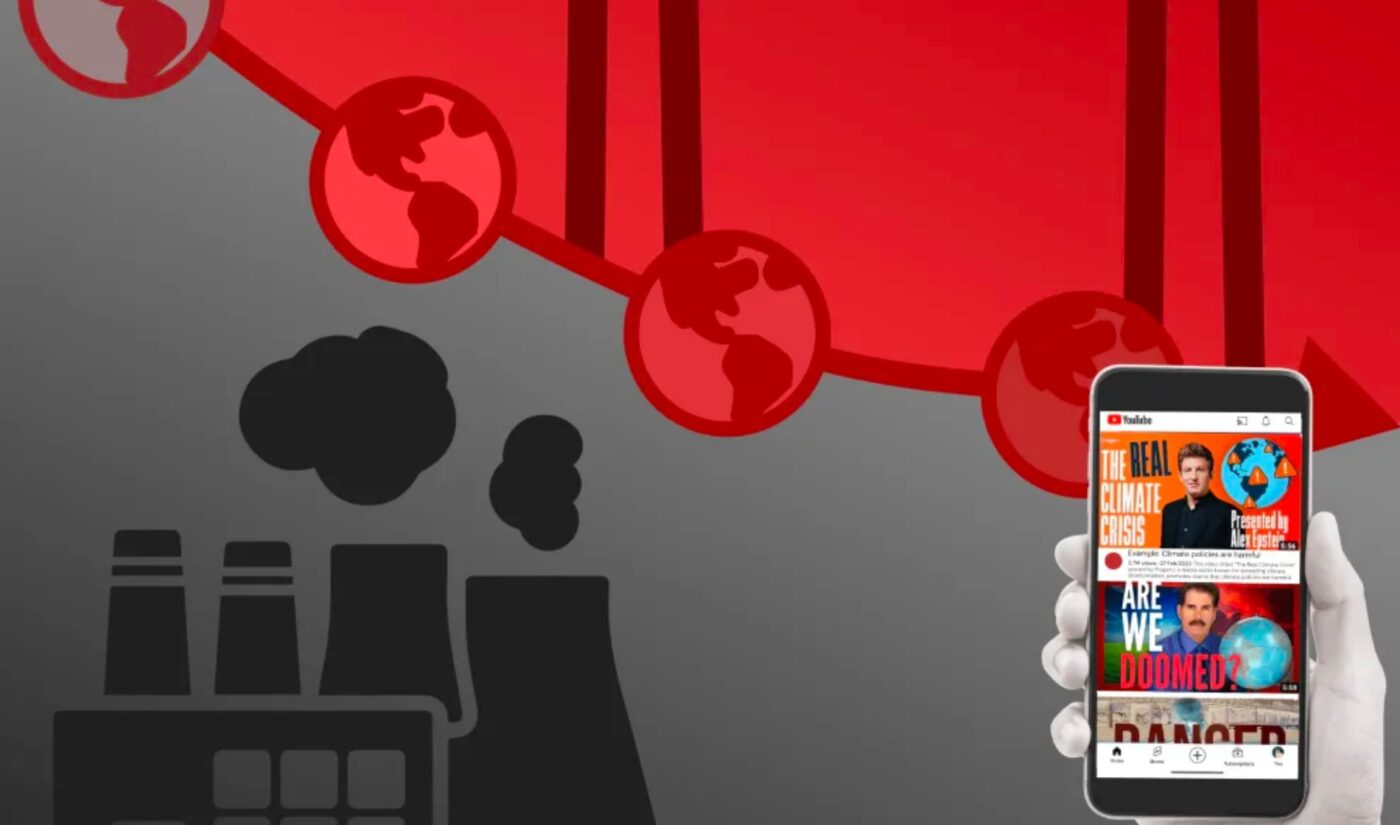Since 2021, YouTube has demonetized videos that peddle misinformation related to climate change. Despite that effort, some climate deniers seem to be evading punishment. A report from the Center for Countering Digital Hate (CCDH) found that YouTube has earned revenue from at least 96 channels that dispute the scientific consensus on climate change.
The CCDH report used an AI model to review 12,058 videos that were uploaded over six years across the 96 channels in question. Those videos frequently challenged the idea that human activity is leading to long-term shifts in climate patterns. According to the report, YouTube makes up to $13.4 million a year from ads that run on the analyzed channels.
Videos that include climate denial are supposed to be disqualified for monetization. When YouTube put that rule into place, it targeted any opinion that “contradicts well-established scientific consensus around the existence and causes of climate change.”

Subscribe to get the latest creator news
So how are the naysayers circumventing YouTube’s moderation? As the CCDH sees it, those bad actors are switching up their tactics. Outright denial of the existence of climate change is falling out of favor. Instead, today’s skeptics are challenging the unworkable nature of proposed climate solutions, speculating that the effects of climate change are overblown, and criticizing the field of environmental science. Those talking points made up 70% of the climate denial content analyzed for the CCDH report. That percentage has doubled over the past five years.
CCDH’s digital work aims to uncover misleading and dangerous trends that are gaining steam across the online video ecosystem. A recent report from the nonprofit discussed the popularity of “steroid-like drugs” within TikTok’s fitness community.
The CEO of the CCDH, Imran Ahmed, characterized his firm’s climate change findings as a “new front” in the battle against misinformation. YouTube, however, defended its monetization practices. “Debate or discussions of climate change topics, including around public policy or research, is allowed,” reads a statement from a YouTube spokesperson. “However, when content crosses the line to climate change denial, we stop showing ads on those videos.”
There are plenty of YouTube channels attempting to counter the rising tide of climate change misinformation. One such channel is led by King Charles of the United Kingdom, who is promoting “sustainable solutions” on a hub called RE:TV.








